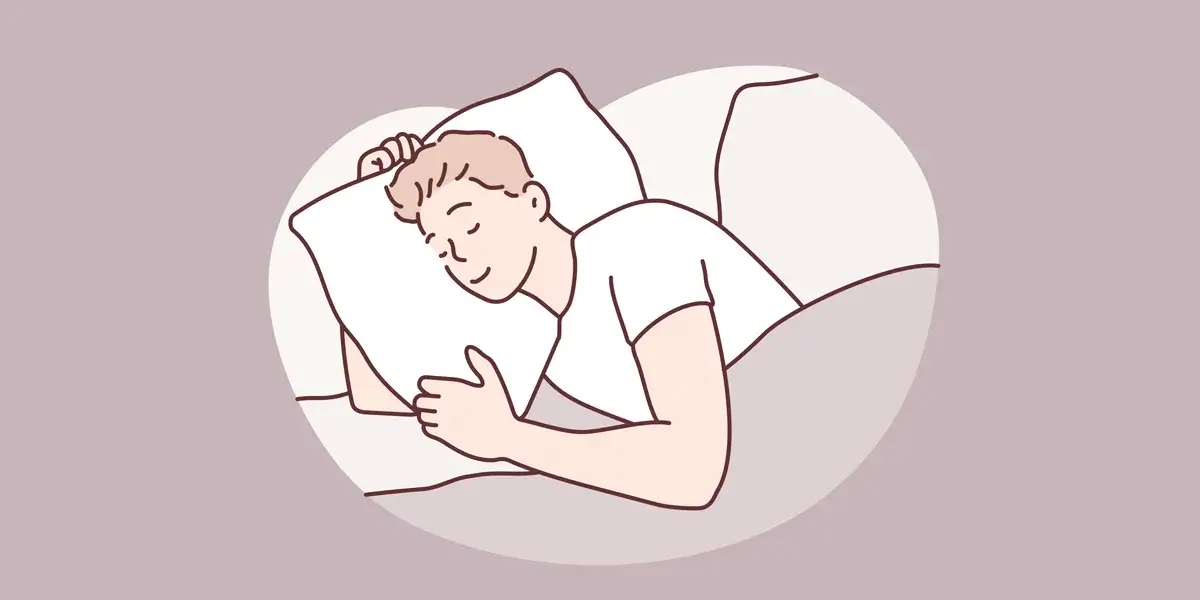We often cut back on our sleep for work, family obligations, or watching a good television show. However, if getting ample sleep is not a normal part of your routine, you may be more prone to obesity, type 2 diabetes, high blood pressure, heart disease, stroke, poor mental health, and early death.
Even one night of poor sleep can affect you the next day. Sleep deficiency not only causes sleepiness, but it is also linked to bad moods, reduced productivity at work, and motor vehicle accidents.
How Much Sleep Should I Get?
As you age, your sleep needs change. Here are some recommendations from the Sleep Research Society and the American Academy of Sleep Medicine1, 2:
| Age Group | Age | Recommended Hours of Sleep1, 2 |
|---|---|---|
|
Newborn |
4-12 months |
12-16 hours per 24 hours (including naps) |
|
Toddler |
1-2 years |
11-14 hours per 24 hours (including naps) |
|
Pre-School |
3-5 years |
10-13 hours per 24 hours (including naps) |
|
School Going |
6-12 years |
9-12 hours per 24 hours |
|
Teen |
13-18 years |
8-10 hours per 24 hours |
|
Adult |
18-60 years |
7 or more hours per night |
The 6 Secrets for a Good Night’s Sleep
Here are the six best secrets to having a good sleep at night.
#1. Increase Your Exposure to Day Light
In a study on older adults, bright light exposure during the day increased sleep efficiency by 80% and led to an increase of two hours of sleep per day3.
The reason for this is that your body has a natural clock that keeps time by telling your body when it's time to sleep and keeping you awake - it affects your brain, body, and hormones.
Therefore, regular exposure to light will benefit you even if you sleep on average.
#2. Make Sure Your Bedroom has the Right Temperature
A person's body temperature and the temperature of their bedroom may profoundly impact their sleep quality. You may have experienced the difficulty of getting a good night's sleep in the summer or in hot places when it is too hot.
Researchers have found that increasing the bedroom and body temperature can decrease sleep quality and increase wakefulness3.
Most people find 70°F (20°C) to be a comfortable temperature, although it varies based on preferences and habits3.
#3. Avoid Eating Late at Night
Large meals before bed can disrupt sleep and hormones. Additionally, the quality and type of your late-night snack could also affect your sleep. Hence it is suggested to consume your meal or snack 3 to 4 hours before bedtime - this helps people sleep faster3.
#4. Relax and Clear Your Mind at Night
Studies have shown that relaxation techniques improve sleep quality. Meditation, deep breathing, listening to relaxing music, taking a hot bath, reading a book, and meditating are effective methods for relaxing. Experiment with them and find what works for you.
#5. You Need a Comfortable Mattress, Pillow, and Bed
People wonder why they sleep so well in hotels. In the study, a brand new mattress was compared with an old one for 28 days, resulting in 57 percent less back pain, 60 percent less shoulder pain, and 59 percent less back stiffness. Sleep quality also improved by 60 percent4.
There is no universally best mattress or bedding. Choose your bedding based on your personal preferences. At least every 5–8 years, it is recommended that you upgrade your bedding3.
If it's been several years since you've replaced your mattress or bedding, this can be a very quick - but expensive - task
#6. Buy a Life Insurance Policy
The majority of us cannot sleep because we are worried about money all the time. Buying a life insurance policy may not eliminate the never-ending need for money, but it can help you sleep better because:
- Life insurance gives you the peace of mind that your loved ones will be taken care of in the event of your death.
- With a guaranteed return policy, you will not have to worry about market fluctuations.
- If you still want to stay invested in equity funds you can always opt for ULIPs and get market-linked returns along with life cover.
- You can protect your child's future and stay worry-free with a child insurance policy.
- The right health insurance policy helps you stay worry-free about rising medical costs and ensures that you can afford high-quality medical care whenever you need it.
- An effective retirement plan will help give you the retirement you deserve.
Your health depends on how well you sleep. When it comes to optimal health and well-being, it's recommended that you prioritize sleep and use some of the tips above. Moreover, if you use the last time you can always consult our trusted financial advisor.
Have a wonderful sleep!



Comments